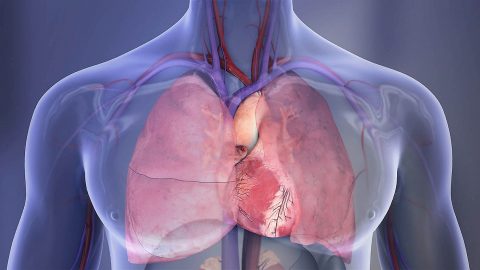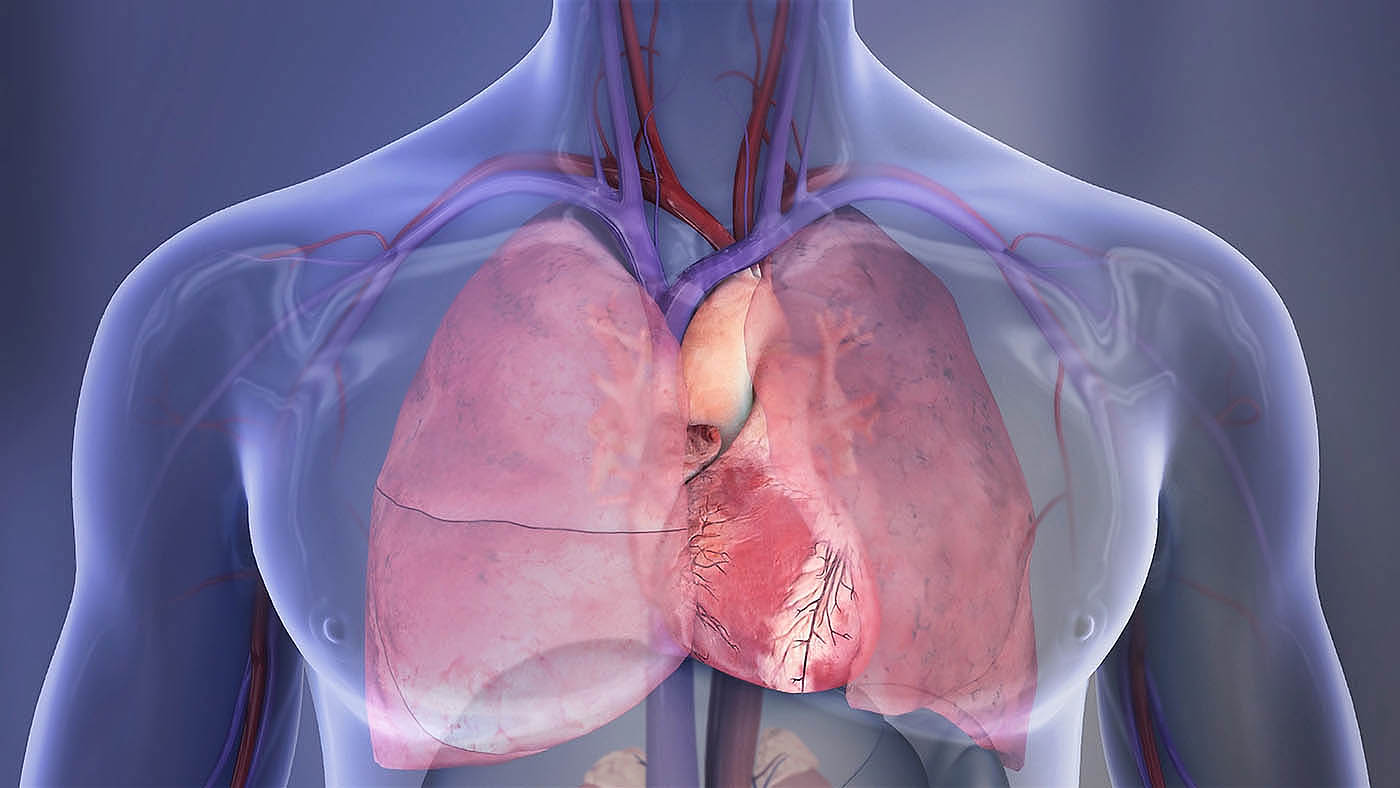Journal of the American Heart Association Report
 Dallas, TX – Compared to married heart disease patients, being unmarried was associated with a higher risk of dying, according to new research in Journal of the American Heart Association, the Open Access Journal of the American Heart Association/American Stroke Association.
Dallas, TX – Compared to married heart disease patients, being unmarried was associated with a higher risk of dying, according to new research in Journal of the American Heart Association, the Open Access Journal of the American Heart Association/American Stroke Association.

Scientists have known that divorced individuals are at increased risk for death in general.
However, few studies have evaluated the relationship between adverse cardiovascular outcomes and marital status in patients with known or suspected coronary artery disease.
The study of 6,051 patients (average age 63, 23 percent black) undergoing cardiac catheterization for coronary artery disease, is the first to show poor outcomes specifically among those who were divorced, separated, widowed or never married.
Patients were followed for 3.7 years. Researchers found that compared to married patients, being unmarried was associated with:
- 24 percent higher risk of death from any cause;
- 45 percent higher risk of death from cardiovascular disease; and
- 52 percent higher risk of cardiovascular death/heart attack.
And specifically, the risk of cardiovascular death/heart attack was:
- 40 percent higher for those who were never married;
- 41 percent higher for those who were divorced or separated; and
- 71 percent higher for those who had been widowed.
1,085 deaths were reported in this study (including 688 cardiovascular deaths and 272 heart attacks) during the follow-up.
“I was somewhat surprised by the magnitude of the influence of being married has (on heart patients),” said Arshed Quyyumi, M.D., lead researcher and co-director of Emory Clinical Cardiovascular Research Institute and professor of medicine at Emory University in Atlanta. “Social support provided by marriage, and perhaps many other benefits of companionship, are important for people with heart disease.”
Unmarried individuals were more likely to be female and black, have hypertension, heart failure, or high cholesterol and less likely to be smokers compared with the married patients.
Researchers suggest that it may be important to consider marital status in treating coronary artery disease patients. Psychological conditions associated with being unmarried and potentially more aggressive follow-up and therapy needs to be considered in future studies.
Researchers suggest the study be interpreted with caution as it is a retrospective analysis conducted at a single institution and did not follow-up regarding continued marital status. The findings cannot be applied to the general population without cardiovascular disease. In addition, the study did not consider cohabitation.
Co-authors are William M. Schultz, M.D.; Salim S. Hayek, M.D.; Ayman Samman Tahhan, M.D.; Yi-An Ko, Ph.D.; Pratik Sandesara, M.D.; Mosaab Awad, M.D.; Kareem H. Mohammed, M.D.; Keyur Patel M.D.; Michael Yuan, MPH; Shuai Zheng, Ph.D.; Matthew L. Topel, M.D.; Joy Hartsfield; Ravila MBhimani; Tina Varghese, M.D.; Jonathan H. Kim, M.D.; Leslee Shaw, Ph.D.; Peter Wilson, M.D. and Viola Vaccarino M.D., Ph.D. Author disclosures are on the manuscript.
National Institutes of Health grants and the Abraham J. & Phyllis Katz Foundation (Atlanta, GA) helped fund the study.
Additional Resources:
- View the manuscript online.
- Marital history linked to stroke survival
- Follow AHA/ASA news on Twitter @HeartNews
- For updates and new science from JAHA, follow @JAHA_AHA



